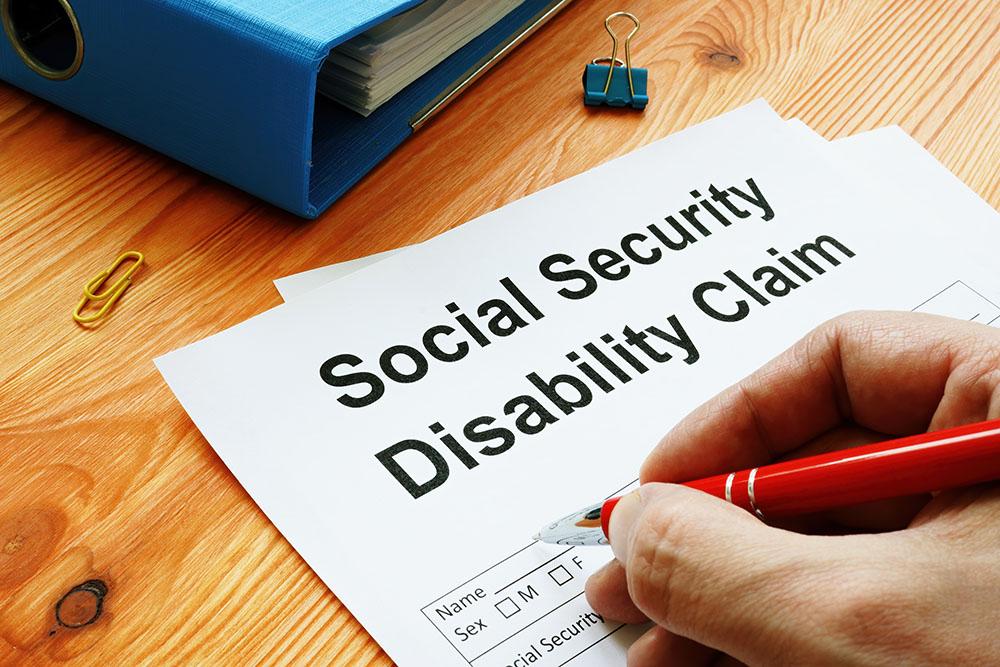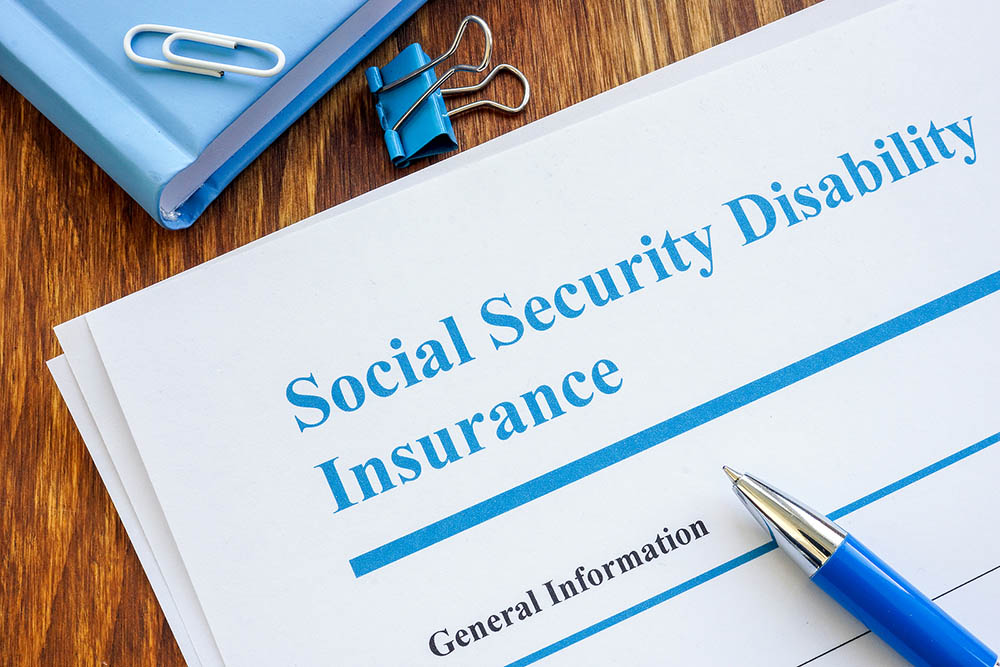Stevens-Johnson Syndrome, often called SJS, is a rare but severe condition that affects the skin and mucous membranes. It is crucial to know about this disease because it can lead to serious health issues if not treated quickly. SJS usually starts with flu-like symptoms and progresses to a painful rash and blisters.
Understanding what causes SJS is essential for both prevention and treatment. The syndrome is often triggered by certain medications or infections. Awareness of these triggers can help in making informed decisions about medication use and recognizing symptoms early. Knowing these causes can also guide discussions with healthcare providers.
Education about the risk factors is important, too. Some people are more likely to develop SJS due to genetic factors or existing health conditions. This knowledge can lead to more personalized care and earlier intervention. By learning about SJS, people can protect themselves and seek medical help promptly, potentially reducing complications associated with this condition.
What is Stevens-Johnson Syndrome?
Stevens-Johnson Syndrome (SJS) is a serious disorder that impacts the skin and mucous membranes, including those in the mouth, eyes, and genitals. This condition is often considered a medical emergency. It requires immediate attention because the symptoms can rapidly become severe. SJS usually starts with symptoms that seem like the flu, such as a sore throat, cough, fever, and fatigue.
As SJS progresses, a red or purplish rash develops. This rash spreads quickly over the body and tends to form into painful blisters. The top layer of skin then starts to shed. This creates open sores, which can lead to severe complications like infections or even vision problems if the eyes are affected. In some cases, breathing issues occur due to swelling in the airways.
Treatment typically involves hospitalization, often in a burn unit, where patients receive supportive care such as fluid replacement, wound care, and pain management. It’s important for anyone experiencing these symptoms to seek medical help right away. Early detection and proper care significantly improve outcomes for those affected by SJS.
Common Causes of Stevens-Johnson Syndrome
Understanding the causes of SJS helps in recognizing and preventing this condition. The syndrome is most often triggered by a reaction to medications. These reactions may cause the body’s immune system to attack healthy tissues, leading to the symptoms associated with SJS.
Some widely known drug triggers include:
1. Antibiotics: Specifically, sulfa-containing medications like Bactrim.
2. Anti-seizure Medications: Drugs like carbamazepine and lamotrigine.
3. Pain Relievers: Non-steroidal anti-inflammatory drugs (NSAIDs), such as ibuprofen or naproxen.
Other causes can include infections, such as pneumonia or herpes virus. In some cases, it can also occur with no identified trigger, making it more difficult to predict or prevent.
Being aware of these potential causes can help individuals avoid unnecessary risks. For example, discussing with healthcare providers about any new medications and monitoring for any unusual symptoms after starting a new drug are important steps. Understanding the cause not only helps in managing the condition but also in preventing future episodes.
Risk Factors and Who is Most Affected
Certain people face a higher risk of developing Stevens-Johnson Syndrome. It’s important to know these risk factors to protect yourself and your loved ones. Both genetic and environmental factors play a role in increasing the chances of experiencing this condition.
Some key risk factors include:
1. Genetic Predisposition: People with certain genetic markers are more susceptible. The HLA-B1502 gene, often found in people of Asian descent, is a known risk factor for SJS, especially when using certain medications.
2. Existing Medical Conditions: Conditions like HIV can increase the risk due to a weakened immune system. Other chronic illnesses might also play a role.
3. Age: While SJS can occur at any age, it’s more common in adults. However, children can still be at risk, particularly with certain infections or medications.
4. Medication History: Those who have previously experienced drug reactions should be cautious when trying new medicines.
5. Infections: Some infections, such as pneumonia or those caused by the herpes virus, may trigger SJS.
By understanding who is most at risk, individuals and healthcare providers can take proactive steps to monitor and minimize potential exposure to known triggers.
Preventative Measures and Reducing Risks
Prevention is key when dealing with Stevens-Johnson Syndrome, as it helps reduce the chance of a severe outbreak. Simple precautionary steps can make a big difference in safeguarding your health.
Consider these strategies to help reduce your risk:
– Avoid Known Triggers: If you have previously reacted to a certain medication, avoid it and inform your healthcare providers. Wearing a medical alert bracelet may be useful.
– Regular Health Checkups: Staying informed about your health and any new medications can help catch adverse reactions early. Discuss potential side effects with your doctor before starting new treatments.
– Genetic Testing: For those with a family history of SJS, particularly if you belong to an at-risk ethnic group, genetic testing can provide valuable information on susceptibility.
– Boost Immune Function: Maintaining a healthy lifestyle through a balanced diet, regular exercise, and adequate rest can help support your immune system, reducing the risk of infections that might trigger SJS.
– Medication Reviews: Periodically review your medications with your doctor, especially if you take multiple drugs. This can help prevent potential interactions that might lead to adverse reactions.
By adopting these measures, individuals can lower their risk of developing SJS and improve their overall health and well-being.
Protecting Your Health with Knowledge
Understanding Stevens-Johnson Syndrome and its causes allows you to make informed decisions about your health and safety. Early recognition of the symptoms, knowing the common causes, and understanding who is most at risk empower you to act quickly if needed. With this knowledge, you can work towards reducing risks and taking preventive steps, protecting yourself and your family from potential harm.
If you’ve been affected by Stevens-Johnson Syndrome or have questions about your legal rights due to medical complications, reach out to Greg Jones Law, P.A. Our team can offer guidance and support, helping you understand your options and seek the justice you deserve. Get in touch today for a consultation and take the first step towards ensuring your rights are protected.




